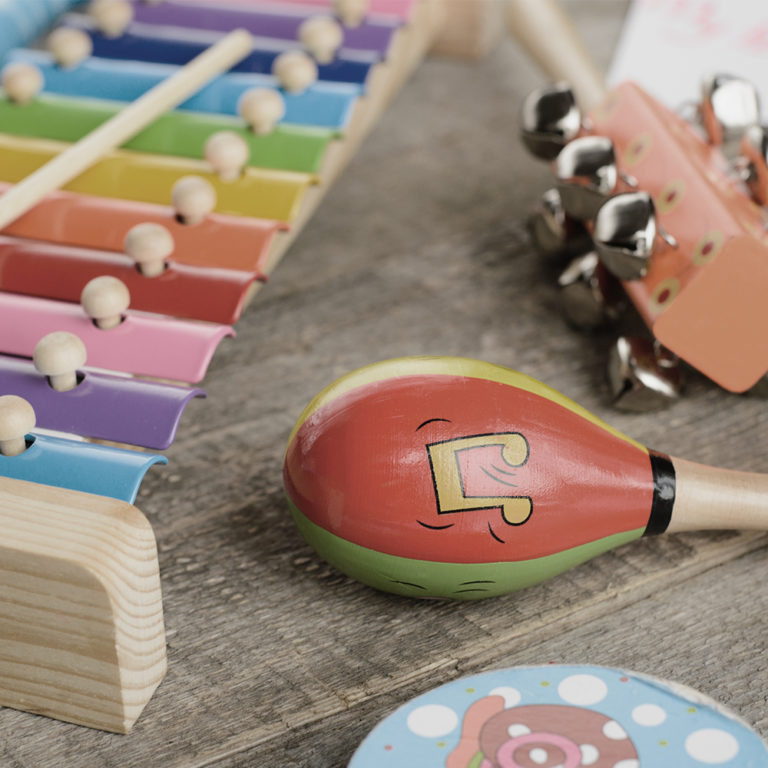Christmas is a matter of mere weeks away. It’s a wonderful, joyous time of year and should be celebrated with enthusiasm. Note I said enthusiasm and not extravagance! Yes we like gifts and nice food and new things and lots of everything but to be honest how many of us can really afford to splash out and recklessly spend without consideration? As many a parent has said “Money doesn’t grow on trees”. The good news is that just because you’re being sensible with your spending that doesn’t mean that Christmas needs to be any less festive.
We’re a family of six. I’d love to tell you that we have more than enough but that wouldn’t be completely accurate. We do okay but Christmas doesn’t exactly fit comfortably into our daily budget. It takes planning. Fortunately I love all things planning and lists and have come up with a few creative ways to have a magical family Christmas without putting too much strain on the family finances.
Know your limit
Figure out exactly how much you have to spend. Knowing your boundaries financially speaking helps you to control your outgoings and shows you where you need to stretch or be a bit more creative.
Make a list
Lists aren’t just for Santa. Make a list of who and what you need (or want to spend on) include extras like foodstuffs you wouldn’t normally eat (can anyone say turkey). Try and be as detailed as possible so you don’t get a surprise if you’ve forgotten something.
Plan ahead
This could be difficult this year (considering it’s nearly December already) but spreading your spending over the course of a year or six months can help ease some of the strain. Look for items in sales, stock up on non-perishable items before December rolls around.
Do it your self
Rather than splashing out on decorations or shop bought cards, get creative and make them yourself. Enlist your children and make snowflakes or paper chains. If you are planning to give presents to extended family or friends, consider baking something yummy.
Make for memories
Gifts are great but chances are most people will forget the majority of the presents they receive over the years. What will stay with them longer are memories of things done together and fun times. Go to a carol service, stay up late watching a movie and eating popcorn. Roast marshmallow and lie outside looking at the stars. It doesn’t need to be expensive because giving your loved ones time and attention is much more valuable in the long run.
Get practical
Think about those who you want to give something to this Christmas. Rather than giving something that you can put in a box, is there something that you can do for them as a gift? May be you can give a few evenings of babysitting, wash a car, help with homework or jobs?
Less is more
I once heard a fellow mom say that if getting three gifts was good enough for Jesus then it was good enough for her kids too. Piles of gifts don’t make for a better Christmas. Giving your children something thoughtful and at times needed makes much more sense than spending money unnecessarily on things that will end up in the back of a cupboard after a few weeks. Maybe consider using the ‘Four gift rule’
- Something they want
- Something they need
- Something to wear
- Something to read
The most important thing to remember about the Christmas season is that it’s really not about the stuff. The centre of the celebration is Jesus and the fact that he was born so that we could have a way to know God. The joy of Christmas comes from keeping Jesus, the most incredible gift ever given, at the heart of season.










